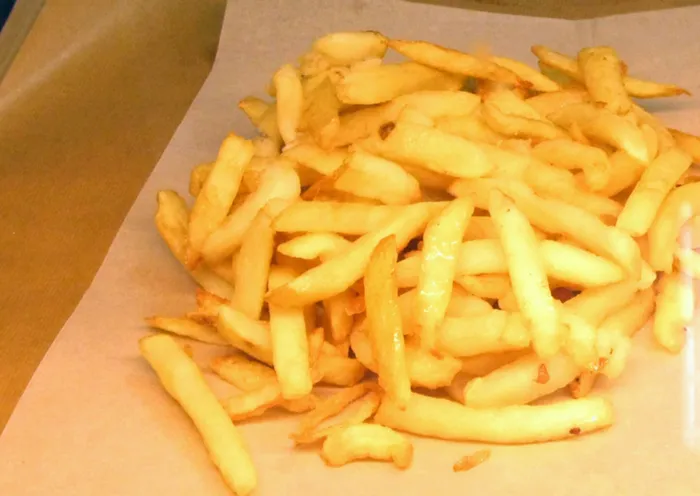Ban on killer fats only weeks away

Just a few bad habits - watching TV, eating potato chips, having a sugary soda at lunch or staying up too late at night - can add up to a steady creep of kilograms over the years, US researchers say. Picture: Ian Landsberg Just a few bad habits - watching TV, eating potato chips, having a sugary soda at lunch or staying up too late at night - can add up to a steady creep of kilograms over the years, US researchers say. Picture: Ian Landsberg
The fight against heart disease is set for a boost when a government ban on artery-clogging trans fats takes effect from mid-August.
Trans fat is vegetable oil that has been chemically altered – or partially hydrogenated – to harden it so it becomes stable, remains solid at room temperature and gives food products a longer shelf life.
It may be found in anything from margarines to biscuits, cake and fried foods.
It is also linked to an increased risk of heart attack because it raises the level of “bad” (LDL) cholesterol and lowers the level of “good” (HDL) cholesterol, leading to plaque deposits on the arteries and potential blood clots.
It has also been linked to diabetes and breast and prostate cancer.
Final regulations to ban trans fats had been published in the Government Gazette and would take effect from August 17, Health Minister Aaron Motsoaledi said in a written reply to a question from DA MP Sandy Kalyan. This follows similar bans in Canada, Denmark and the US.
All manufactured and pre-packaged food, as well as food prepared by restaurants and fast-food outlets, where partially hydrogenated oil is used for deep-frying, will be affected by the ban, which limits trans fat content to two percent.
The ban excludes trans fats occurring naturally in animal products, however, as these have been shown to be beneficial in small quantities.
Critics have raised concerns about the practicality of the ban and the country’s ability to enforce it, given the limited number of laboratories and the high volume of food imports. But Kalyan said it was a step in the right direction and tied in with Motsoaledi’s attempts to promote a healthy lifestyle. - Pretoria News